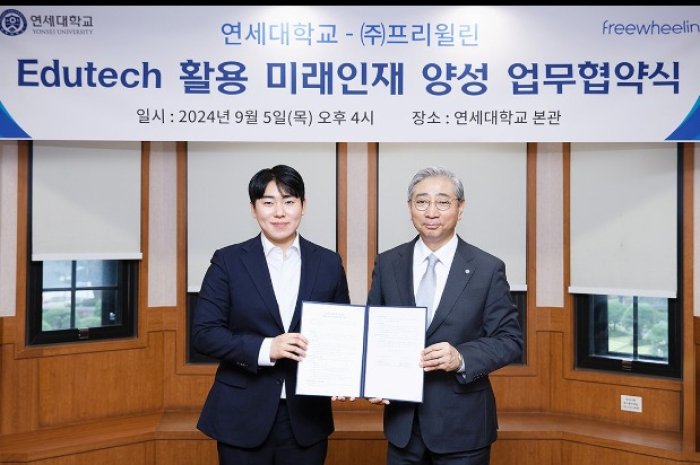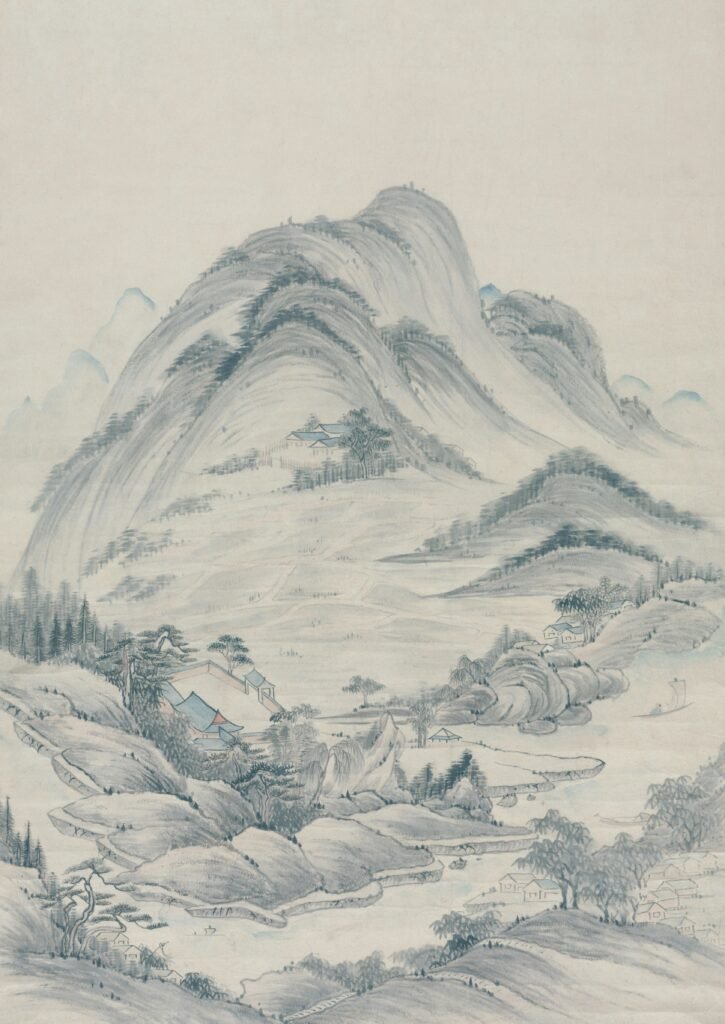Freewheelin, which operates the AI courseware Pulley Campus for university education, said on Friday that it signed an industry-academia cooperation memorandum of understanding (MOU) with Yonsei University to improve the basic academic skills of undeclared students and to develop AI-based courseware for university education.
Through this agreement, both institutions will collaborate to enhance the foundational learning abilities in subjects such as mathematics, science, and Korean for first-year and current students at Yonsei University’s Sinchon and International campuses, and to provide tailored learning support based on individual levels.
Based on joint research analyzing academic performance, they plan to focus on developing personalized AI courseware suited for major courses to improve basic academic skills and the ability to utilize generative AI.
To this end, Freewheelin will begin a pilot introduction and operation in the second half of 2024, with plans to build AI courseware tailored to Yonsei University by 2028.
Initially, they will introduce diagnostic assessments for math proficiency and learning support for students on academic probation, and Korean language diagnostic evaluations for foreign students and Koreans residing overseas.
Starting in the first half of 2025, the range of subjects and students will gradually expand, with plans to implement a personalized learning support system for major courses by 2028.
By Joo-Wan Kim
kjwan@hankyung.com














